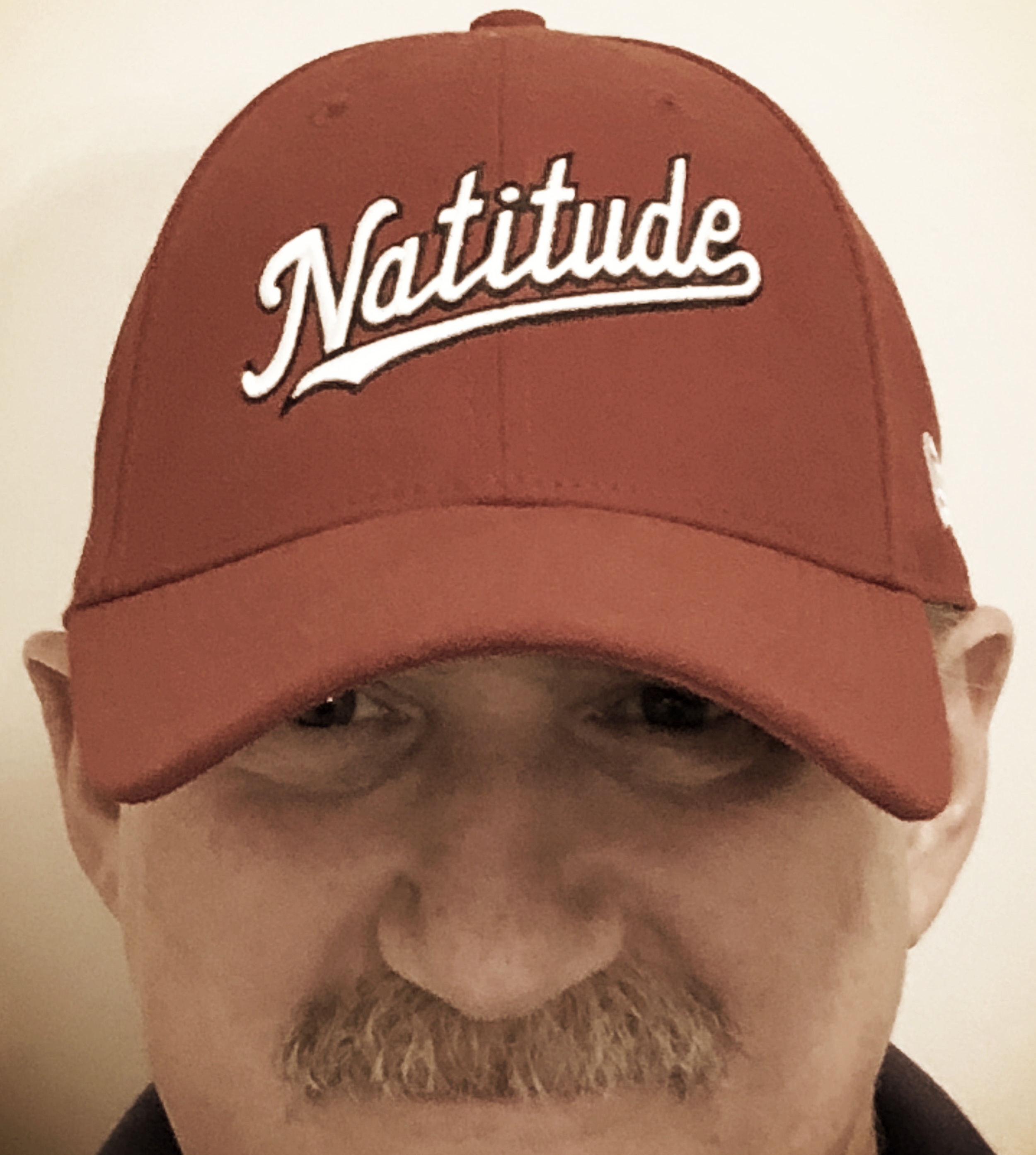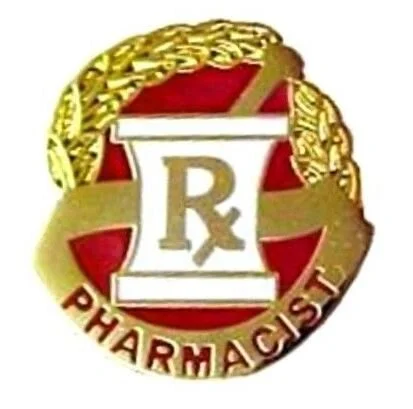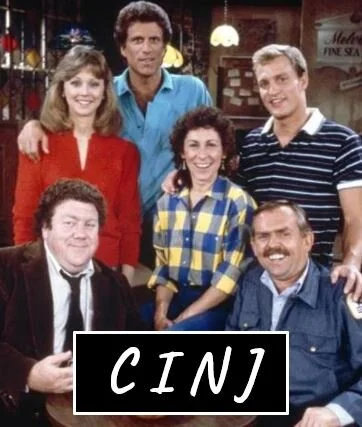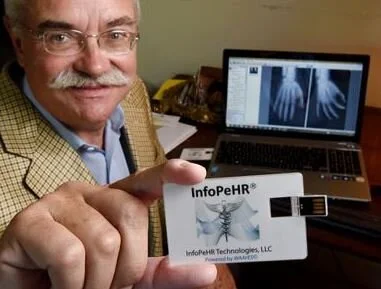Disclaimer: My father was a pharmacist (he had his own one-man, small town, drug store with a soda fountain and all - ahhh, how I miss those cherry Cokes), so I have a positive prejudice for the professional; their role and responsibilities. I can recall people relying on his judgment and information about their diagnosis and prescriptions - long after they had left the doctor’s office; but still had many questions.
As you could imagine, the world of a cancer infusion clinic is a world full of myriad medications: that are extremely sophisticated in their preparation and dosing, and are VERY expensive, so the role of the on-site pharmacist is critically important. It goes without saying that any improper dosing (type or quantity) can have dramatic adverse ramifications medically, and without sounding too mercenary - even financially (insurance companies are reluctant/unwilling to pay for an error with a $14,000 drug).
But in the midst of all this process, procedure and pressure - our infusion clinic pharmacist is humble and humane. An extension of the doctor, and a servant to the bureaucracy - the “drug dealer” still finds time to connect with all of the patients. He explains the various medications, monitors the progress of their infusion, and is in constant contact with the Onc team if any questions should arise. And there is only one of him for up to 25 patients at a time. He literally and physically serves as the lynchpin for the entire team (doctors and nurses); positioned in the middle of the giant circular clinic, and surrounded by all of the associated administering activities. Keeping a respectfully-distanced but watchful eye during infusion to note any side effects or tolerability issues immediately, first-hand. Prepared to jump in at any moment should an issue develop.
I have experienced and benefited from his involvement myself on a few occasions - none life-threatening, but all appropriate interventions and reassurances. A human backstop for the treatment process. A partner for the physician. And sometimes even an advocate for the patient (should sticky insurance issues arise). Not to mention that he is often the courier running patients' blood work across the street to the other Cancer building (we are blood borne cancers, they are solid tumor-centric), where their dedicated in-house lab turns around results in 30:00 or less (critical information to confirm that day's prescribed regimen and accurate dosing amounts or mixtures/combinations).
Political connotations aside, I acknowledge that the phrase "It takes a village . . . " has maybe gotten a bit overused, but in this case it truly applies. There are so many people who surround me with their medical genius, their constant professionalism, their sincere compassion, and their dedication to healing. And the Pharmacist is yet another critical contributor to the cancer-curing clinic's community and its collage of citizens.




